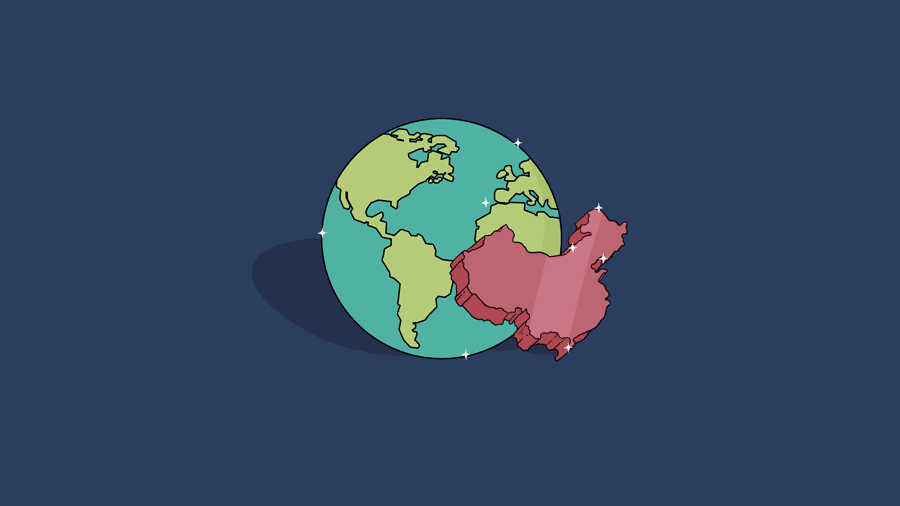There was a time not so long ago when software was sold in cardboard boxes, literally off the shelf. It’s a model that worked, for a while, until a better way to provide the tools and systems people need to get things done came about. Larger internet bandwidth and commodified cloud computing meant that software could be provided like any other subscription service a person or business might want to use.
Subscribe to the Crunchbase Daily
And so came the present era of software as a service (SaaS) businesses. Though there’s nothing uniquely American about the idea of a business continuing to provide iteratively improving software to customers as long as they continue to pay, venture-backed SaaS startups are a largely U.S.-centric phenomenon. It’s one we’ve documented in the past and wanted to revisit today.
The U.S. accounts for an outsized share of SaaS-specific VC deal volume, relative to what its share of total VC deal volume (from all sectors) might suggest. In the chart below, we compare the share of all VC deal volume in the top ten startup markets against each country’s share of SaaS-specific deal counts from 2019, year-to-date.

Of the worldwide market for venture capital, U.S.-based companies accounted for roughly 39.8 percent of all reported deals struck so far in 2019. If we narrow down to the set of companies in Crunchbase’s SaaS category, however, and we see that American SaaS ventures accounted for 57.3 percent of all deals raised in that sector.
On the flipside of the coin, there’s China, which is skewed in the other direction. China-based startups account for 14.8 percent of all reported VC deal volume, but just 2.8 percent of SaaS rounds in particular, year-to-date. SaaS may also be under-represented in India’s startup market too. Indian startups make up 5.2 percent of overall deal volume but just 2.5 percent of the SaaS deals.
These numbers are even more skewed when looking at dollar volume which, due to variability in round sizes, can be kind of “lumpy.” In Crunchbase News’s Q2 2019 global VC report, we highlighted the fact that, in the U.S., VC rounds are generally larger than in the rest of the world. This is especially true in the SaaS sector.
At time of writing, there have been nearly 240 reported early-stage (Series A and Series B) rounds raised by SaaS companies, worldwide, so far in 2019. Collectively, this represents over $2.9 billion in venture backing. The worldwide average early stage SaaS round is $14 million.
Across these money measures, SaaS rounds in the rest of the world are materially smaller than those raised by U.S. Early-stage SaaS startups based in the U.S. account for just over $2 billion of that reported dollar volume, over 70 percent of the sum. The average (mean) early-stage U.S. SaaS round was $15.4 million, with a median value of $11 million. By comparison, all the early-stage SaaS companies outside the U.S. averaged out at $11.6 million, with a median value of roughly $6.6 million.
Like we observed in prior analysis, the SaaS fundraising gap points to structural differences in the private software startup equity market. Conditions are particularly favorable for SaaS ventures in the U.S., and perhaps uniquely unfavorable to their counterparts in China and, to a lesser extent, India. The cause of the SaaS gap is unclear and probably multifaceted, but the data shows it’s there.
Illustration: Li-Anne Dias

Stay up to date with recent funding rounds, acquisitions, and more with the Crunchbase Daily.





![Illustration of a man sitting on a huge pile o' money. [Dom Guzman]](https://news.crunchbase.com/wp-content/uploads/Giant_Funding-470x352.jpg)
![Illustration of toast with Face ID toasted in. [Dom Guzman]](https://news.crunchbase.com/wp-content/uploads/Forecast-face-ID-300x168.jpg)

![Illustration of toast with $ toasted in. [Dom Guzman]](https://news.crunchbase.com/wp-content/uploads/Forecast-dollar-sign-300x168.jpg)
67.1K Followers